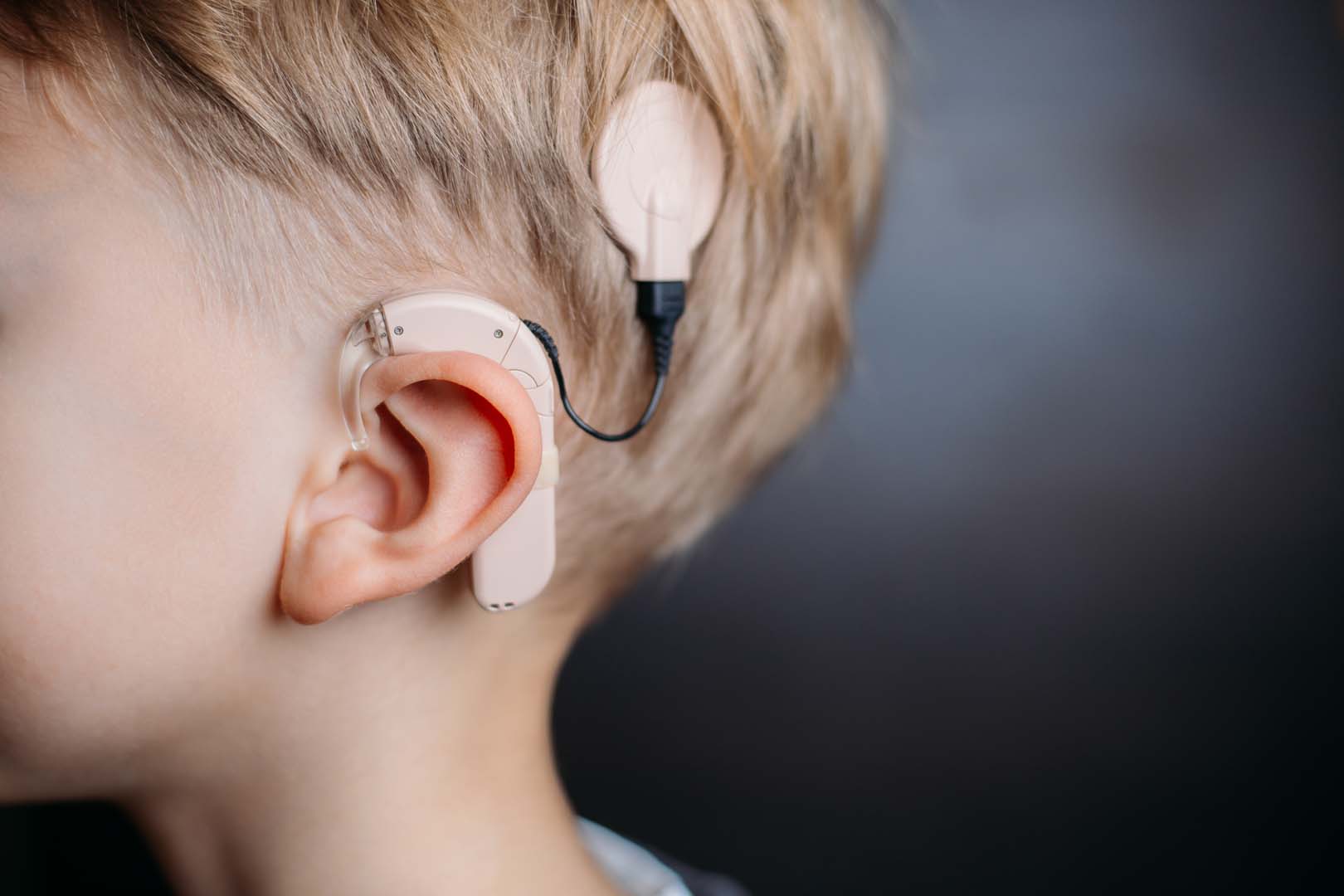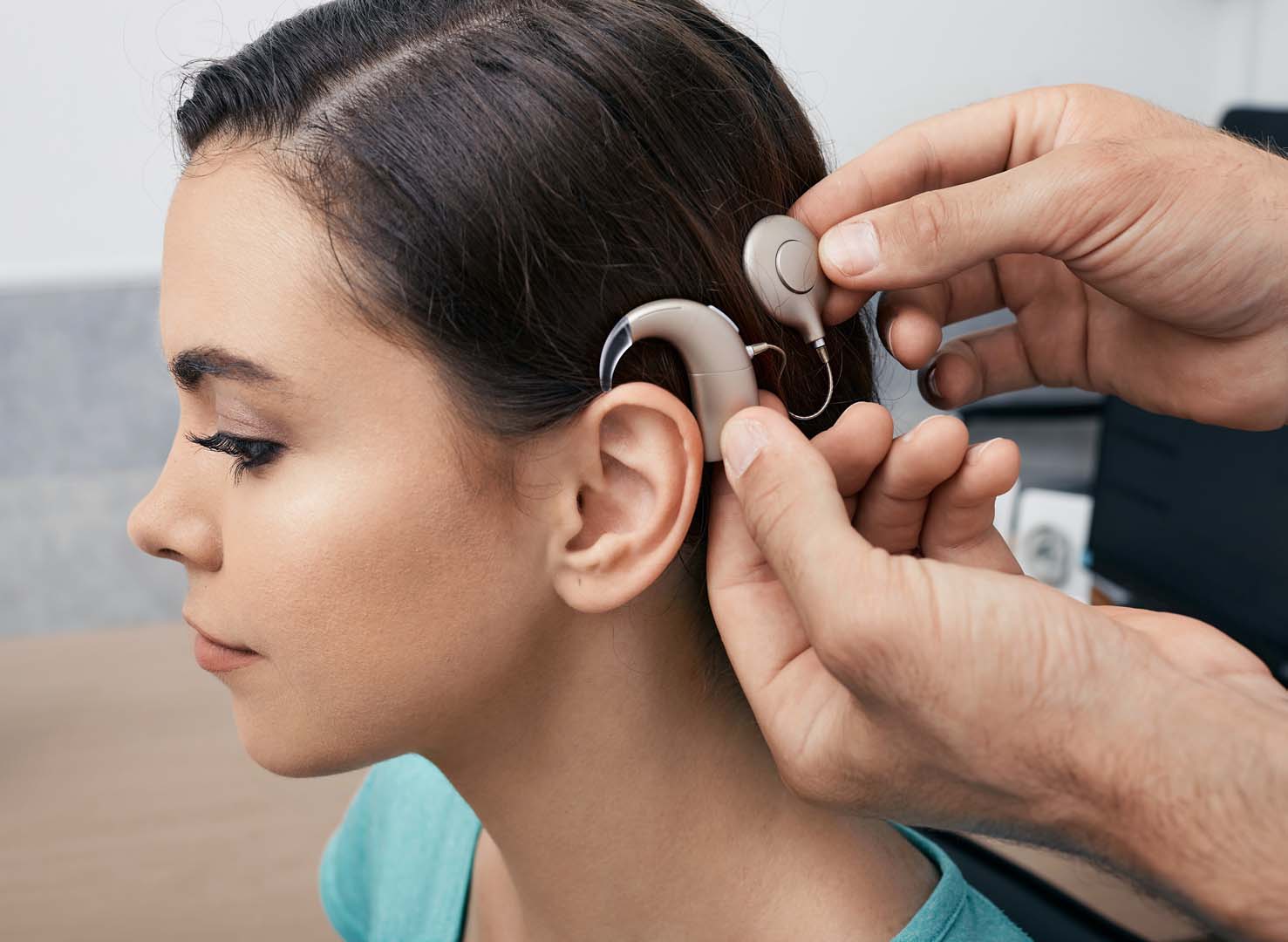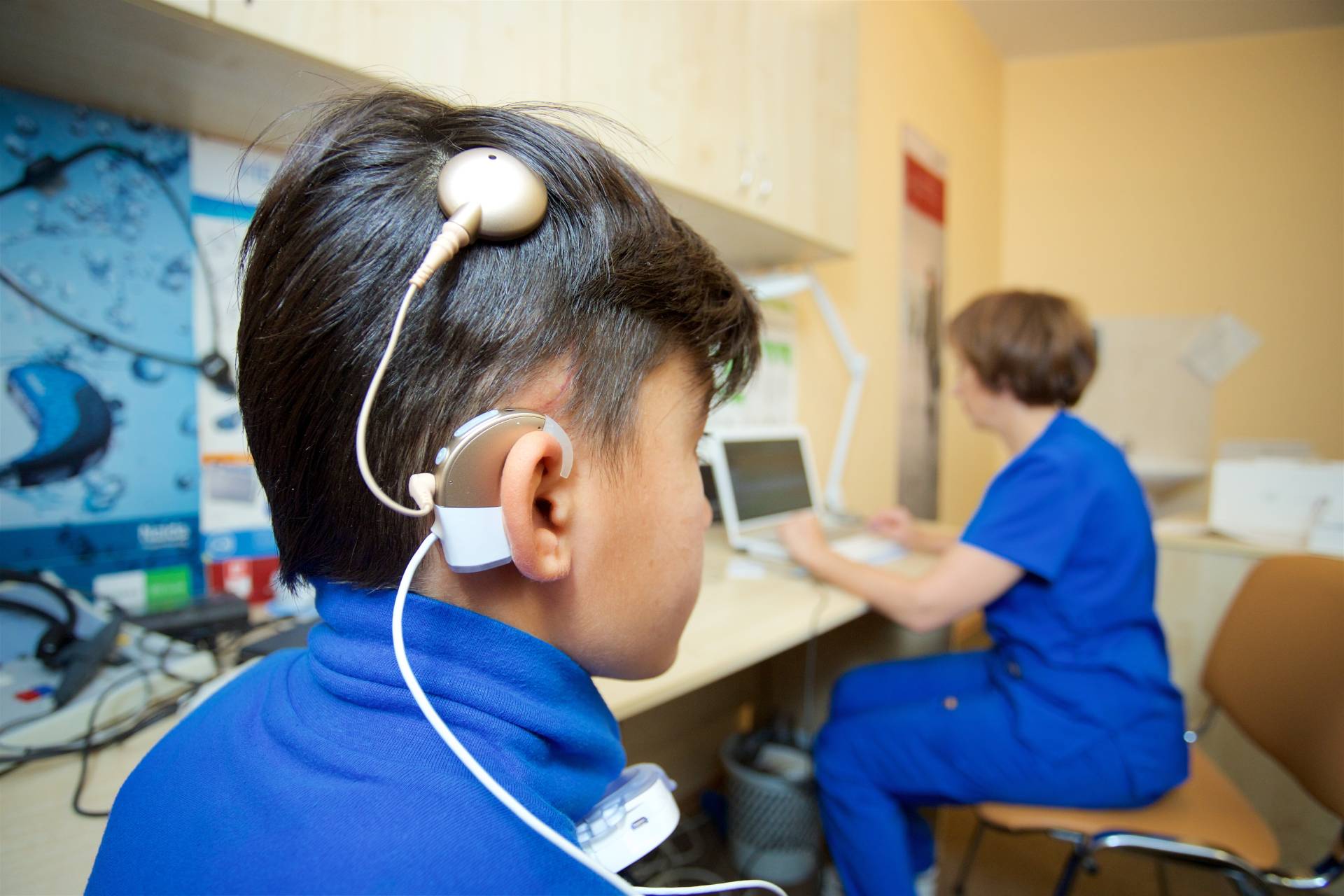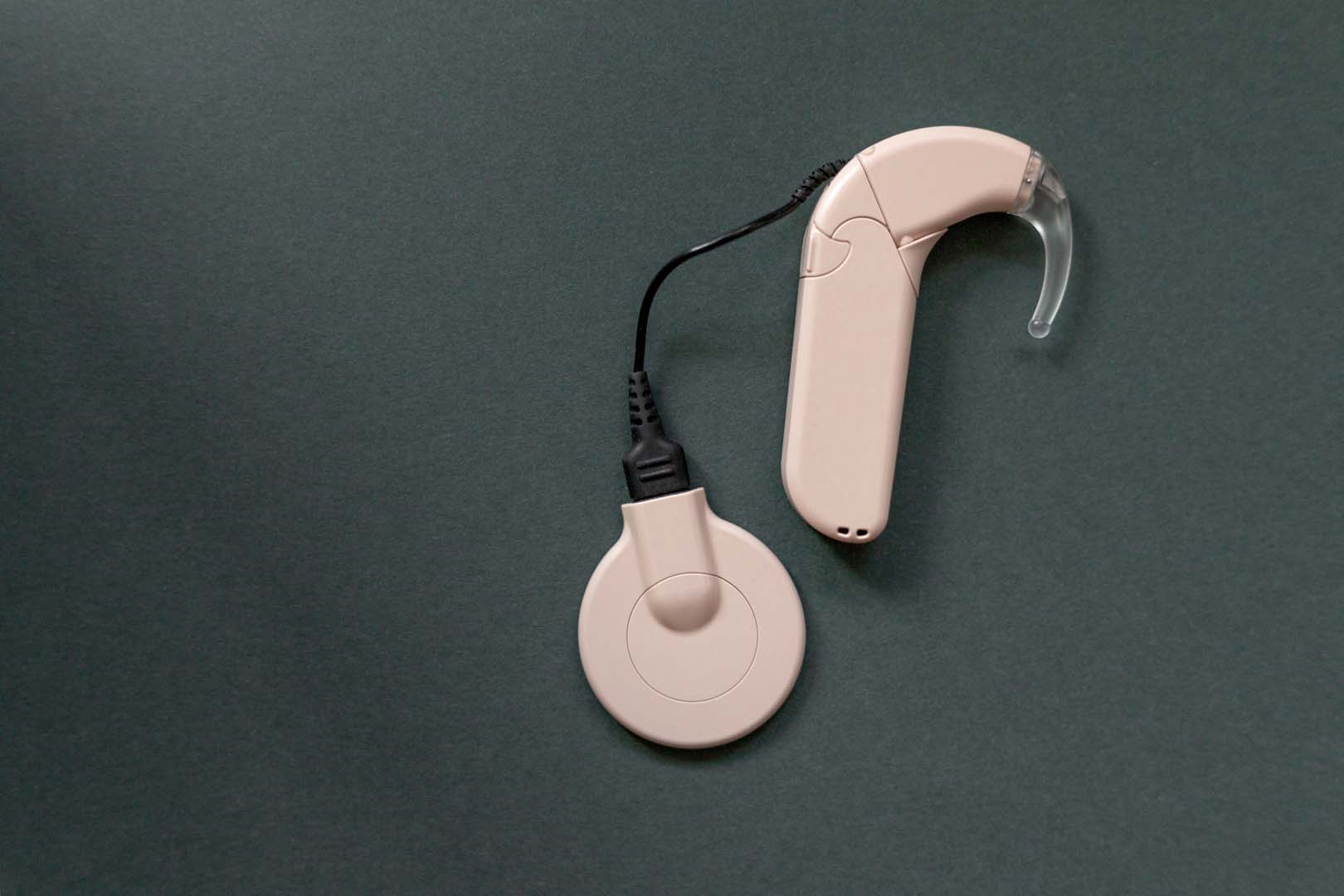Dr. Ahmad Al Shamsi
Dr. Ahmad Al Shamsi, M.B., B.C.h., B.A.O. (NUI),
L.R.C.P., SI, is the chair of the otolaryngology – head and
neck surgery (ENT) division at Sheikh Shakhbout Medical
City (SSMC) in Abu Dhabi.
With over 17 years of experience as an otologist and
cochlear implant surgeon, Dr. Al Shamsi specializes in
adult and pediatric otology, neuro-otology diagnosis,
prevention and medical management.
Renowned for his expertise in cochlear implantation, Dr.
Al Shamsi offers innovative solutions to individuals with
severe hearing loss. His proficiency in this area extends
to surgical implantation procedures and post-operative
rehabilitation.
















